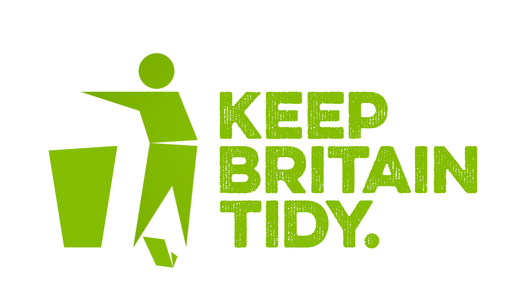Single-use Plastic
Plastic pollution is one of the defining issues of our time. It is in the air we breathe, the food we eat and oceans we rely on. Much of the plastic we use, particularly single use products, doesn't make it to the recycling plant because it is littered – and this means unless anyone intervenes to pick it up it eventually ends up in our rivers and oceans. Single-use plastic refers to products are used once, or for a very short period of time, before being thrown away and we know that single-use plastic products are more likely to end up in our seas than reusable options. Plastic’s journey is catastrophic for the environment, posing a threat to the climate as it slowly breaks down and releases greenhouse gases, and infiltrates our waterways, soil and oceans.
It enters our food chain
Smaller fragments called microplastics can enter our soil and water, from where it can cause liver, reproductive, and gastrointestinal damage in animals. Furthermore, this means it's in our drinking water and on our plates because we eat fish and other animals that have consumed microplastics.
It’s not biodegradeable
A big proportion of plastic doesn't rot, like paper or food, so it pollutes the environment for hundreds of years – or produces toxic fumes when it is incinerated. Each year, 400 million tonnes of plastic is produced and 40% of that is single-use - plastic we'll only use once before it's binned. It generally takes over 400 years to decompose. (retro litter pic)
It’s catastrophic for our marine life
Plastic will soon outweigh all the fish in the sea. has a direct and deadly effect on wildlife. Thousands of seabirds and sea turtles, seals and other marine mammals are killed each year after ingesting plastic, which cases them to choke or starve, or getting entangled in it, causing injury or death.
It leaches into soil and waterways
When single use plastics enter our environment the harmful chemicals used in their production can leech into our soil, and also into our water, where the impact on aquatic life can be devastating. When chemicals contaminate our soil it poses a danger to livestock and crops.
How are we tackling Single-use Plastics?
Did you know nine billion less single-use plastic bags have been used in the UK since we campaigned for the bag charge in 2015?
But we haven’t stopped there. Keep Britain Tidy has joined two other environmental charities in urging the Government to map out its plans to tackle plastic pollution and offering support, research, and campaigns to assist the “shared ambition”. We’re urging the Government to adopt appropriate, ambitious and binding targets for the reduction of plastic pollution.
We believe the recent Defra consultation on banning some of the most polluting single-use plastics is a useful first step, but it still doesn't meet the urgency the plastic crisis demands.
On an individual level we are also encouraging people to follow these tips to say no to single-use and reduce the effect of their plastic consumption.

